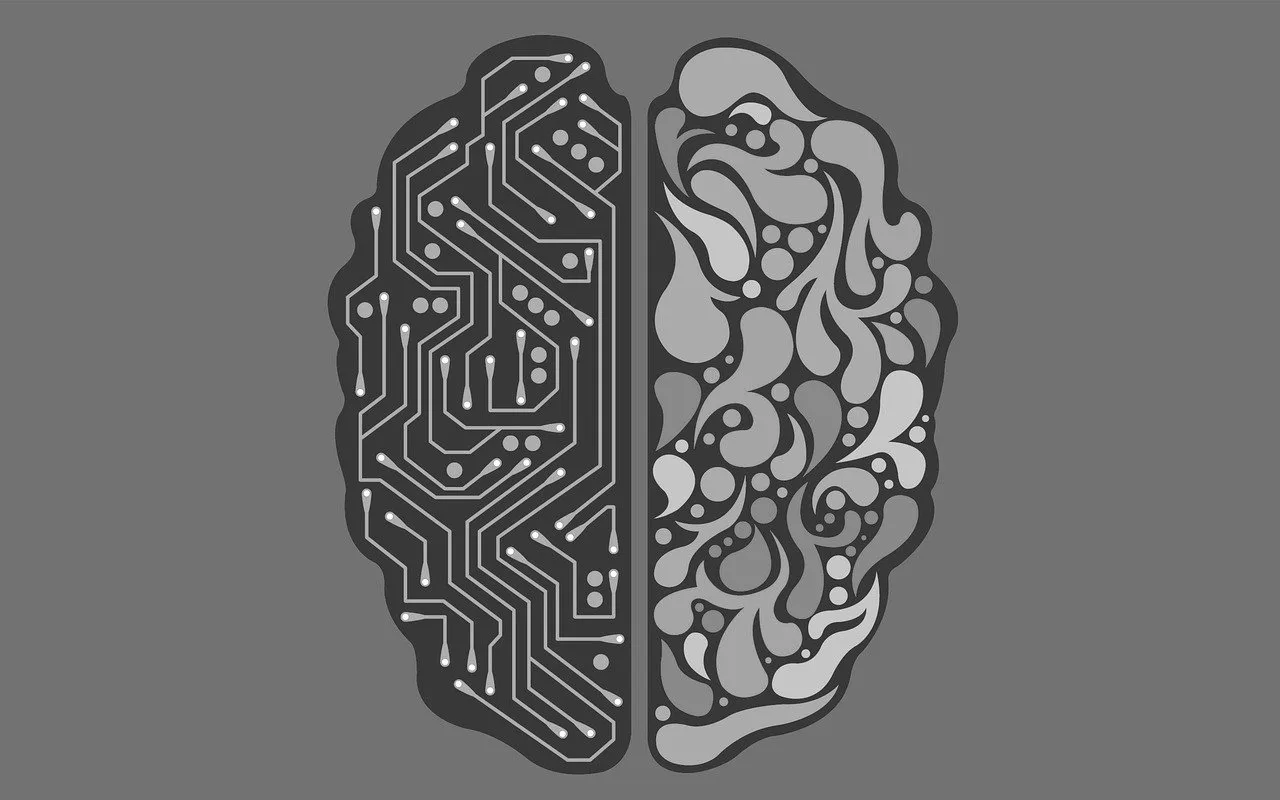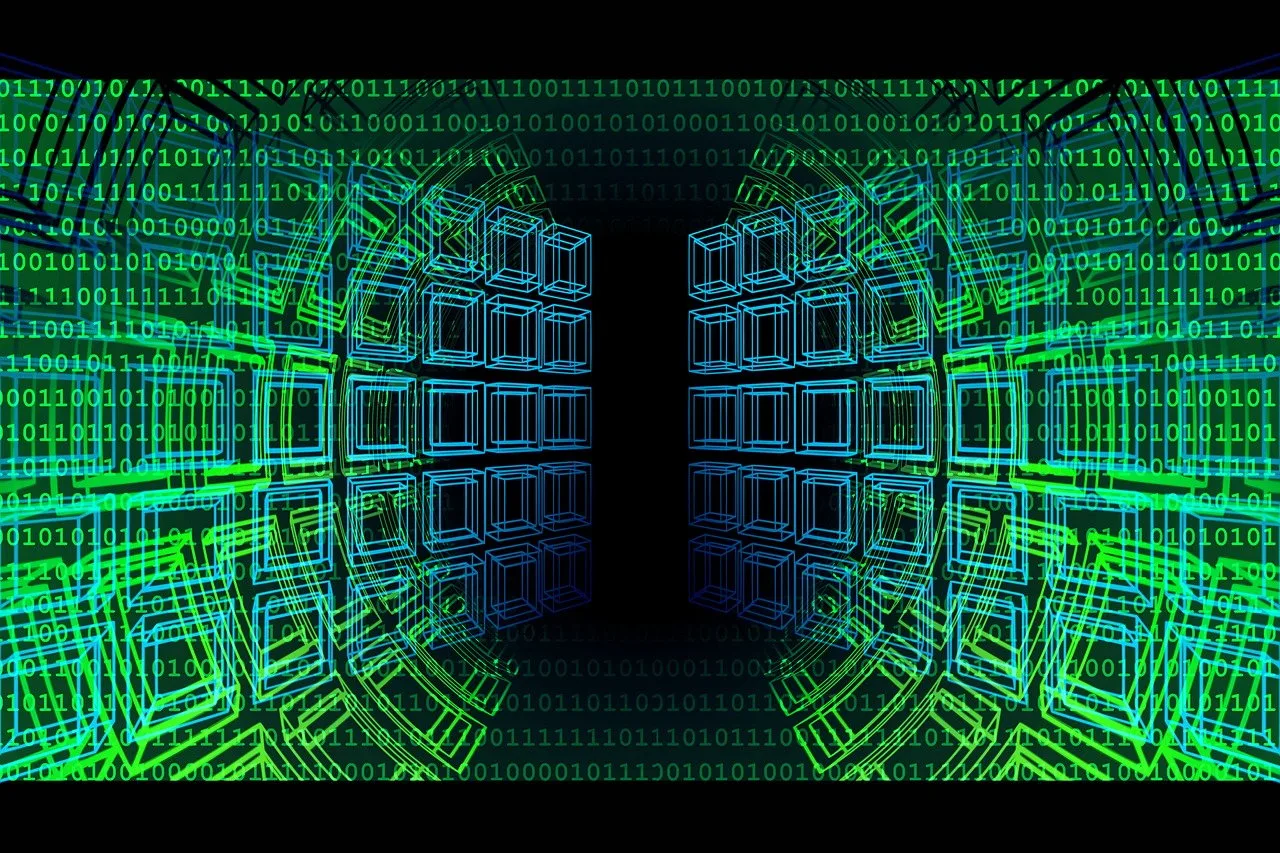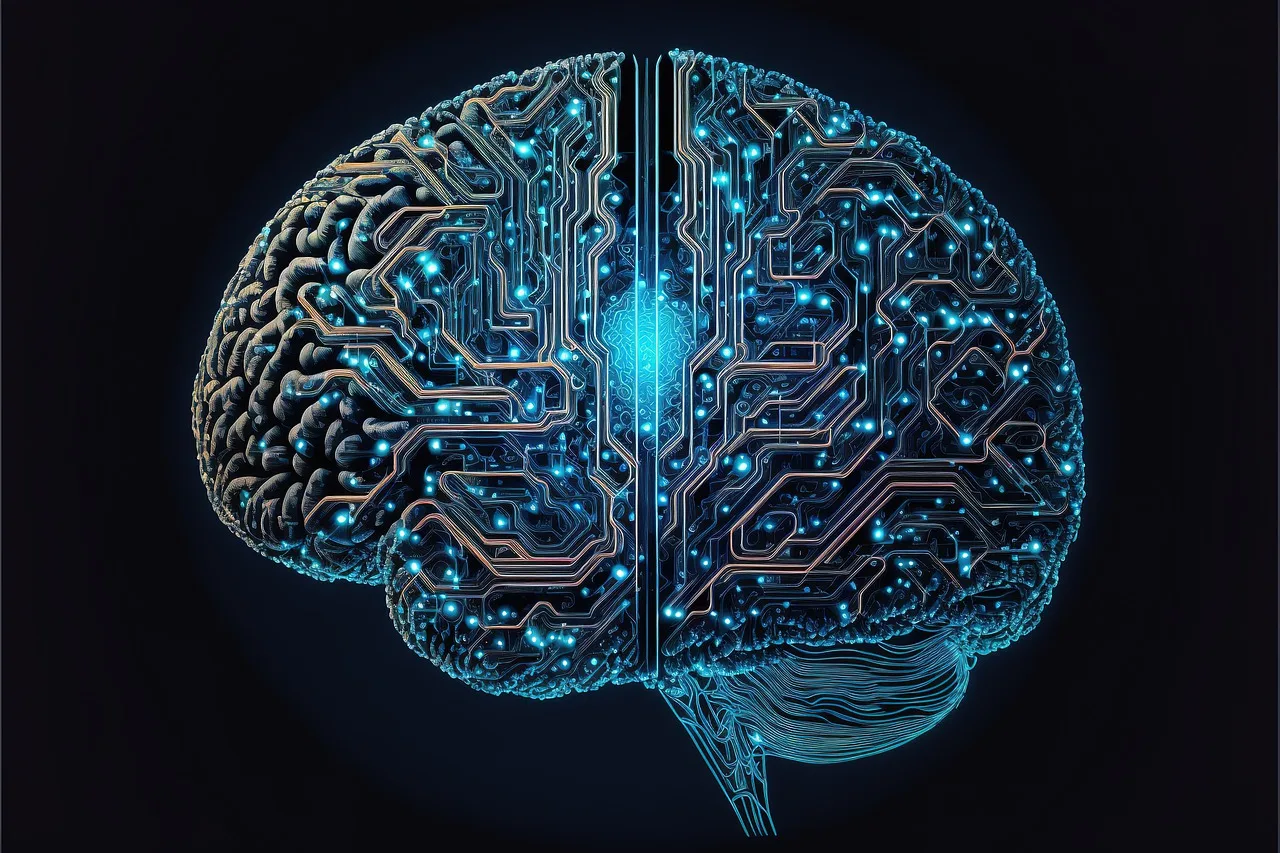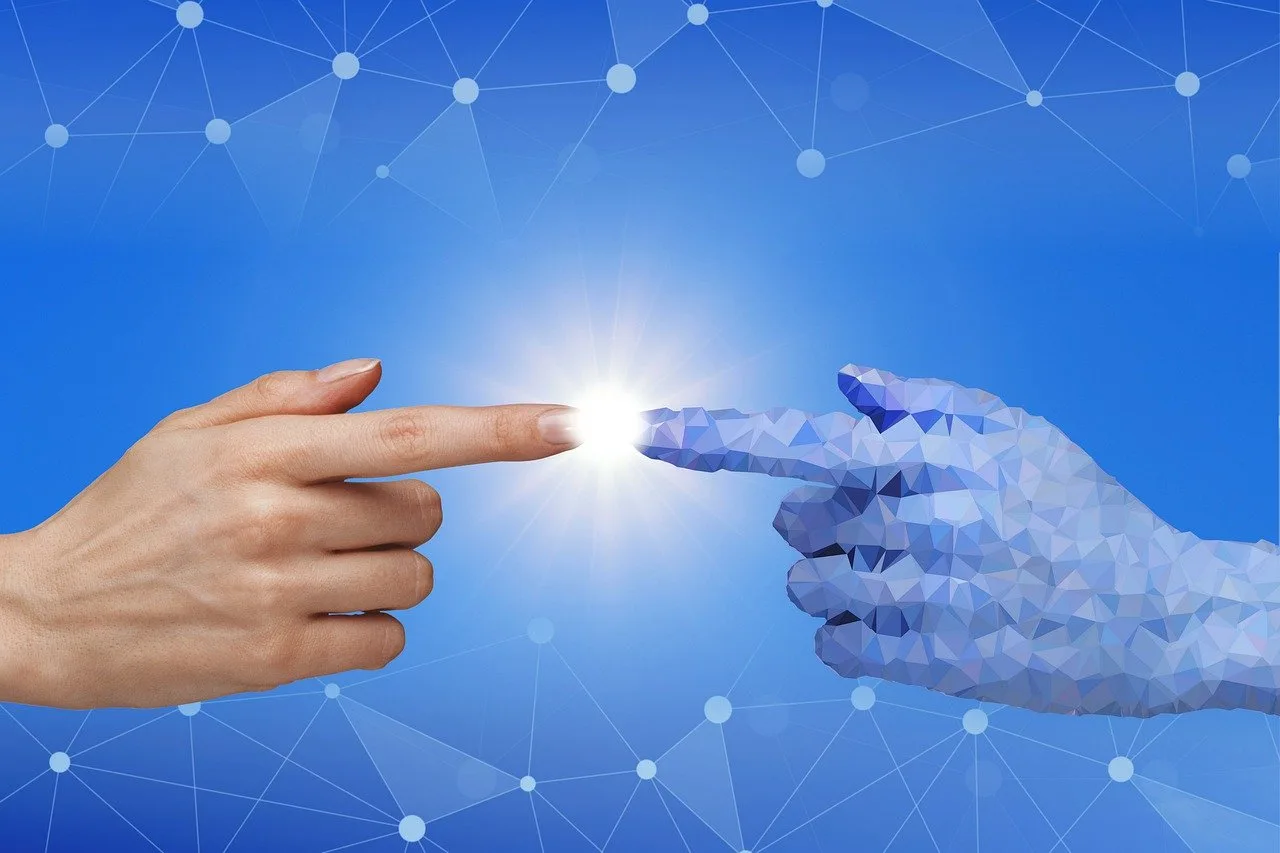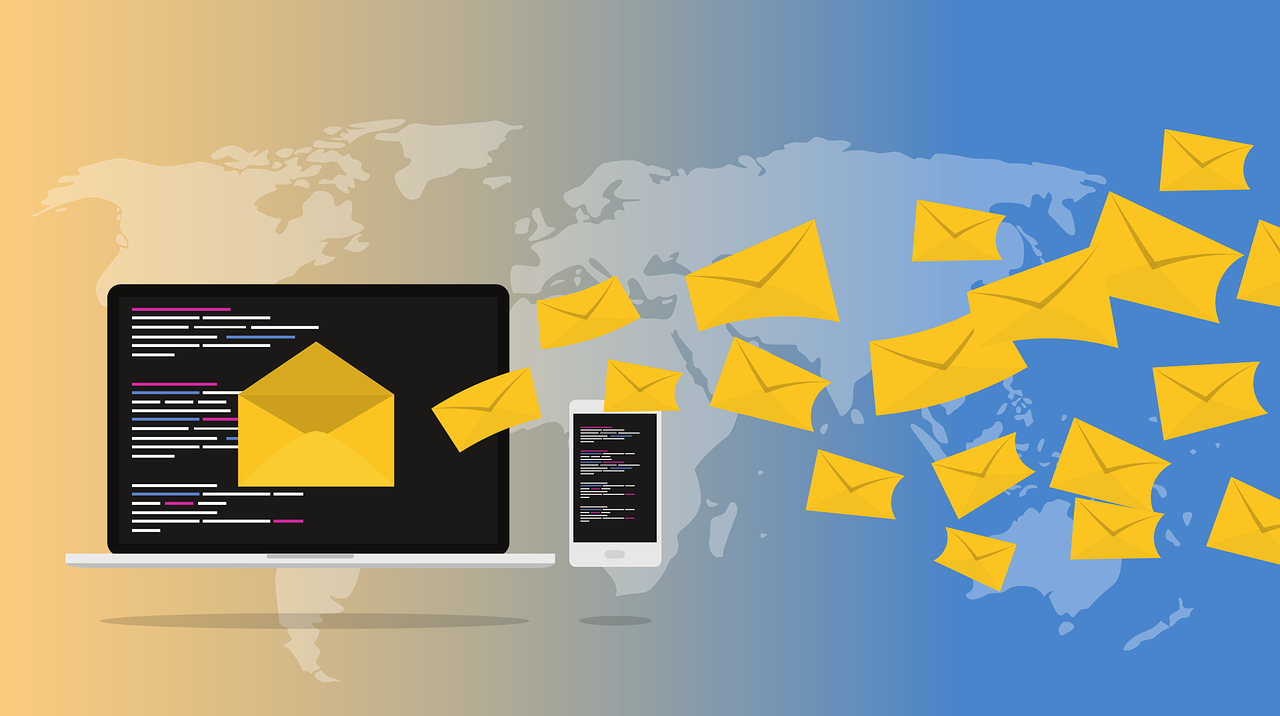
AI Driven ERP Systems Future of Nusaker-Advancements, Benefits, and Strategic Impact
AI-driven ERP systems are transforming Nusaker by making their business operations faster, smarter, and more accurate. These systems use real-time data and automation to remove manual work and help employees save time and avoid mistakes. The company can now deliver personalized recommendations and better customer service by analyzing information as it comes in.

Teams at Nusaker can access important data right away, making it easier to work together and improve how orders are managed and fulfilled. In fact, reports show order fulfillment times have already improved by 22% since the new system was introduced, showing clear results from the new technology. To learn more about how these changes are shaping Nusaker’s future, keep reading about their journey with AI-driven ERP systems.
The Evolution and Impact of AI Driven ERP Systems
AI-driven ERP systems are reshaping how companies store, process, and act on data. These technologies enable better automation, smarter decision-making, and new ways of handling business tasks.
Core Technologies Transforming ERP
Modern ERP systems use artificial intelligence and machine learning to handle large amounts of data with speed and accuracy. They pull insights from customer behavior, sales trends, and supply chains to help businesses plan ahead. Deep learning and IoT integration have become major factors in this transformation, letting ERPs connect real-time data from devices directly to their systems.
Natural language processing allows these systems to understand human speech and text, making it easier for users to interact with data. Predictive analytics help forecast sales, manage inventory, and spot risks faster than manual methods. Companies like Nusaker are adopting these technologies to drive efficient processes and reduce costly mistakes. For more, see how AI-driven ERP systems are revolutionizing operations.
Integration With AI Image Generation Tools
AI-driven ERP systems can now connect with AI image generators and tools to create visuals for reports, marketing, and presentations. These tools use AI algorithms to quickly design images based on simple descriptions or data sets. Integrating AI image generators into the ERP allows for automatic graphic creation without hiring graphic designers.
This is especially helpful for e-commerce and marketing teams at companies like Nusaker, as they can produce product images or custom promotional materials on demand. Free online tools like “AI para criar imagem e videos gratis” make it easier to generate high-quality visuals in seconds. The result is a faster workflow with less need for manual design and editing.
Key Benefits for Modern Businesses
AI-driven ERP systems help businesses make decisions faster and with greater accuracy. Real-time data analysis lets teams respond quickly to market changes, customer needs, and supply chain concerns. Smart automation reduces manual work and increases the speed of daily operations.
They also boost personalization for customers—such as through real-time product recommendations and targeted promotions. This improved personalization comes from the system’s ability to analyze large volumes of data at once. For a deeper look, check out the real-time benefits that AI-driven ERPs bring to companies like Nusaker. Other advantages include reduced costs, improved forecasting, and streamlined workflows that make businesses more competitive.
The Future of Nusaker: Innovations and Strategic Advantages
Nusaker is using AI-driven ERP systems to make its operations faster and smarter. These systems help cut costs, boost efficiency, and adapt quickly to changing customer needs.
How Nusaker Leverages AI for ERP Advancement
Nusaker uses artificial intelligence to process and analyze large volumes of real-time business data. By doing this, it finds new opportunities to make operations smoother and more accurate.
With AI-powered ERP systems, Nusaker can personalize recommendations for customers. For example, its system can suggest the right products based on a customer’s history, making shopping easier and more enjoyable. This approach improves customer satisfaction and keeps people coming back.
The AI also helps automate daily tasks, so workers have more time for important projects. Reports show that Nusaker achieved up to a 40% reduction in operating costs after using AI-driven ERP. This lets the company spend more on new technology and customer service.
Anticipated Trends Shaping Nusaker’s Direction
Several trends are affecting the future of Nusaker and its AI-driven ERP strategies. The company is looking at better data integration, combining information from different sources to get a full view of each customer’s needs.
AI is expected to get better with deep learning and IoT, meaning systems will become smarter over time. This will help Nusaker make better decisions faster and adjust to market changes quickly, as suggested by Arteanalytics.
Nusaker is also focusing on using data to be proactive rather than reactive. By finding trends early, it can respond to problems before they affect customers, helping maintain high satisfaction and steady growth.
Frequently Asked Questions
AI-driven ERP systems offer smarter decision support, help businesses manage data better, boost compliance, and customize user interactions. As companies adopt these systems, they also face challenges with integration and workforce adaptation.
How will AI integration enhance decision-making capabilities in ERP systems?
AI helps ERP systems process and analyze large amounts of data quickly. This leads to faster and more accurate decisions because trends and problems can be spotted sooner. Businesses can use real-time insights to adjust strategies on the fly, helping them stay competitive.
What implications does AI have for data processing and analysis in ERP solutions?
AI allows ERP systems to handle complex data sets faster than before. With AI, businesses can uncover patterns and insights from historical and real-time data. This boosts efficiency and helps organizations make better use of their resources, as explained in AI-driven ERP systems Future of Nusaker.
Can AI-driven ERP systems automate compliance and reduce financial risks?
AI-driven ERP systems can track changes in regulations and automate important compliance tasks. By doing this, they lower the chance of human error and help companies avoid fines. Automation also makes monitoring of financial activities smoother and more reliable.
In what ways will AI personalize user experiences in ERP software?
AI can tailor dashboards and notifications based on each user’s job and needs. Recommendations for actions or tasks are created by studying user behavior, which makes it easier for staff to do their work. Companies like Nusaker use AI to give personalized recommendations to their users.
What challenges do companies face when implementing AI into their ERP systems?
Organizations may face issues with data quality, integration with old software, and the cost of training staff. There are also concerns about keeping sensitive data safe when using AI features. Many companies need to update their business processes to take full advantage of these new systems.
How will AI-driven ERP systems impact the workforce in various industries?
Some routine tasks will become automated, changing the roles of many workers. Employees may need to learn new skills to work alongside AI tools. While some jobs may change or even disappear, new opportunities are also likely to open up as companies adapt AI in their operations.
